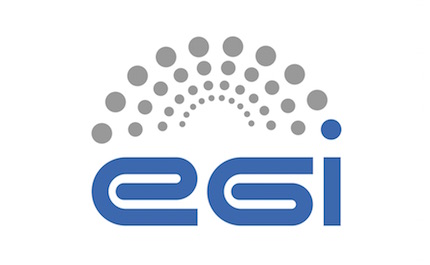European Grid Infrastructure Foundation (EGI)

EGI is a federated e-Infrastructure set up to provide advanced computing services for research and innovation.
The EGI e-infrastructure is publicly-funded and comprises hundreds of data centres and cloud providers spread across Europe and worldwide.
The federation is coordinated by the EGI Foundation, which has been created to manage the infrastructure on behalf of the EGI Council participants.
The mission of EGI is to create and deliver open solutions for science and research infrastructures by federating digital capabilities, resources and expertise between communities and across national boundaries.